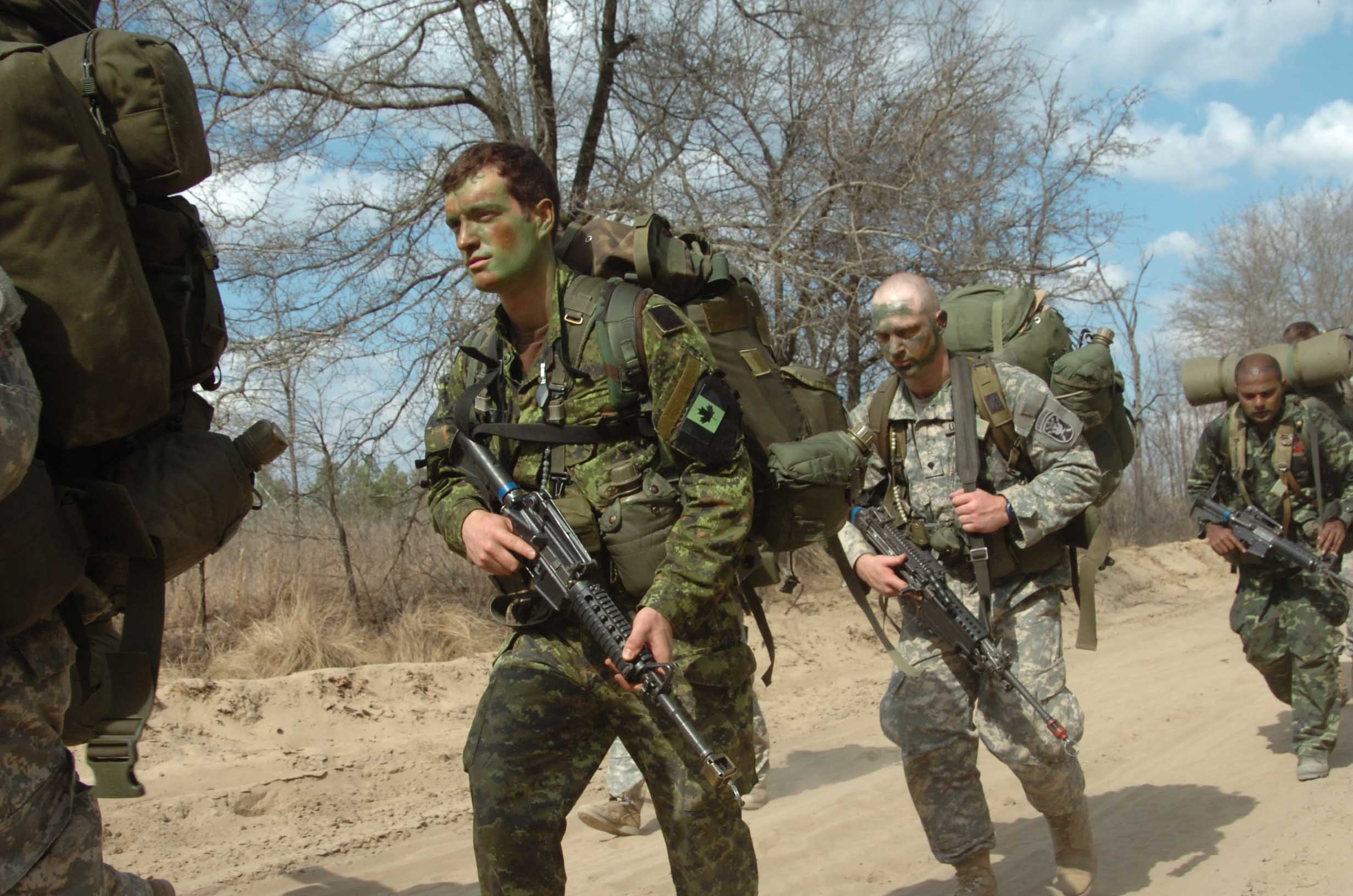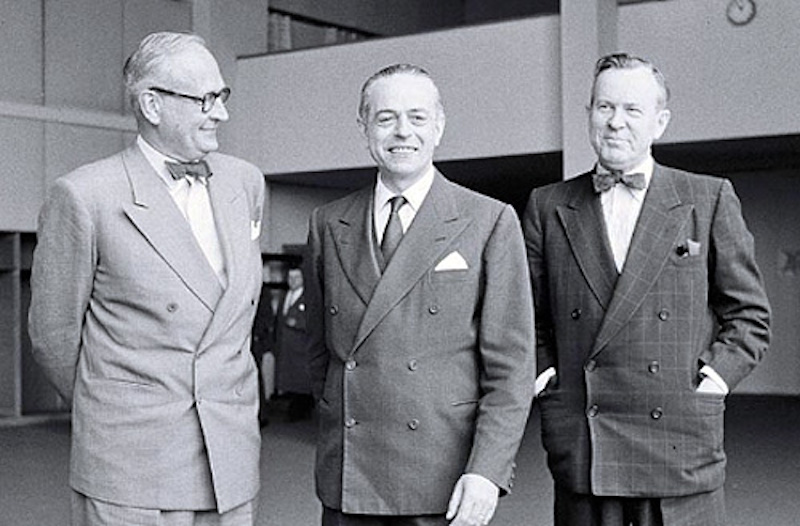Outgoing U.S. President Barack Obama came to Canada in June 2016, to call upon the government to meet the two percent GDP spending requirement for NATO member countries. Canada is the fifth lowest spender in terms of percentage of GDP in the 28 country alliance, spending only 0.99 percent of its GDP towards defence, although it is the 6th highest net spender. Obama addressed the House of Commons this past summer praising our military saying that “the Canadian armed forces are really good” and further concluding his speech saying, “the world needs more Canada.”
Obama’s wish along with other NATO members such as the United Kingdom to influence the Canadian government to meet the two percent of GDP requirement spent on defence does not fully resonate with Canada’s Defence Minister Harjit Sajjan claiming that “defence spending will be based on the needs of our nation.” The Obama administration wanted Canada to take a stronger military role worldwide by increasing its spending.
Despite the lack of spending, Canada has in fact been stepping up. NATO has decided to bolster some of its allies in Eastern Europe, particularly the Baltic countries who fear that Russia may take similar action in the Baltics as it has in Ukraine, by rotating in four multi-national NATO forces. Canada will lead a 1000-troop battle group in Latvia with a nucleus of 450 Canadian soldiers joined by troops and equipment from four other countries: Albania, Italy, Poland, and Slovenia.
Aside from taking on a lead role with the reconnaissance mission in Latvia, Canada has also been taking a significant military training role in Ukraine. The Canadian Armed Forces have been involved in a joint-support training mission with the United States and the United Kingdom. The training that Canada has been providing to Ukrainian forces are small team training, explosive ordnance disposal, military police training, flight safety and language training, logistics system modernization, and most needed in Ukraine medical training.
Canada also has a long established presence in the Middle East with approximately 800 military personnel participating with the American-led fight against the Islamic State in Syria and Iraq, training the Peshmerga forces, making it one of the largest military contingencies in the region. Canada’s Chief of Defence staff General Jonathan Vance has stated “we’ll have a footprint in Europe. I’m comfortable we’ll meet that. A footprint in the Middle East. We’re meeting that just fine. And have the capability to open and maintain another theatre or two.” General Vance has also been outspoken on defence spending claiming that measuring a country’s military contributions to NATO solely in terms of defence spending is a shallow approach and that Canada has been pulling it’s weight with NATO in other ways and will continue to do so in various parts of the world. For instance, the Liberal government has promised up to 600 troops for peacekeeping operations in Africa. However, one of the fears about opening up another theatre for Canada is that the Canadian military’s capabilities will be stretched too thin.
Establishing firm military and peacekeeping presences in three conflict prone regions of the world shows that Canada has been taking significant measures to increase its military influence, but does it meet Barack Obama’s statement of “the world needs more Canada?” Despite Canada’s not spending two percent of its GDP on defence, the large numbers of military operations that Canada conducts directly or indirectly benefit NATO. Defence analyst David Perry of the Canadian Global Affairs Institute said he sympathizes with the stance of Canada’s Defence Minister as it is not how much you spend on your military, but instead what you do with it and how you use it.
Photo: Canadian Soldier Participating in a Forced Timed March (2009), by U.S. Army John F. Kennedy Special Warfare Center and School Public Affairs Office via Wikimedia. Public Domain.
Disclaimer: Any views or opinions expressed in articles are solely those of the authors and do not necessarily represent the views of the NATO Association of Canada.




